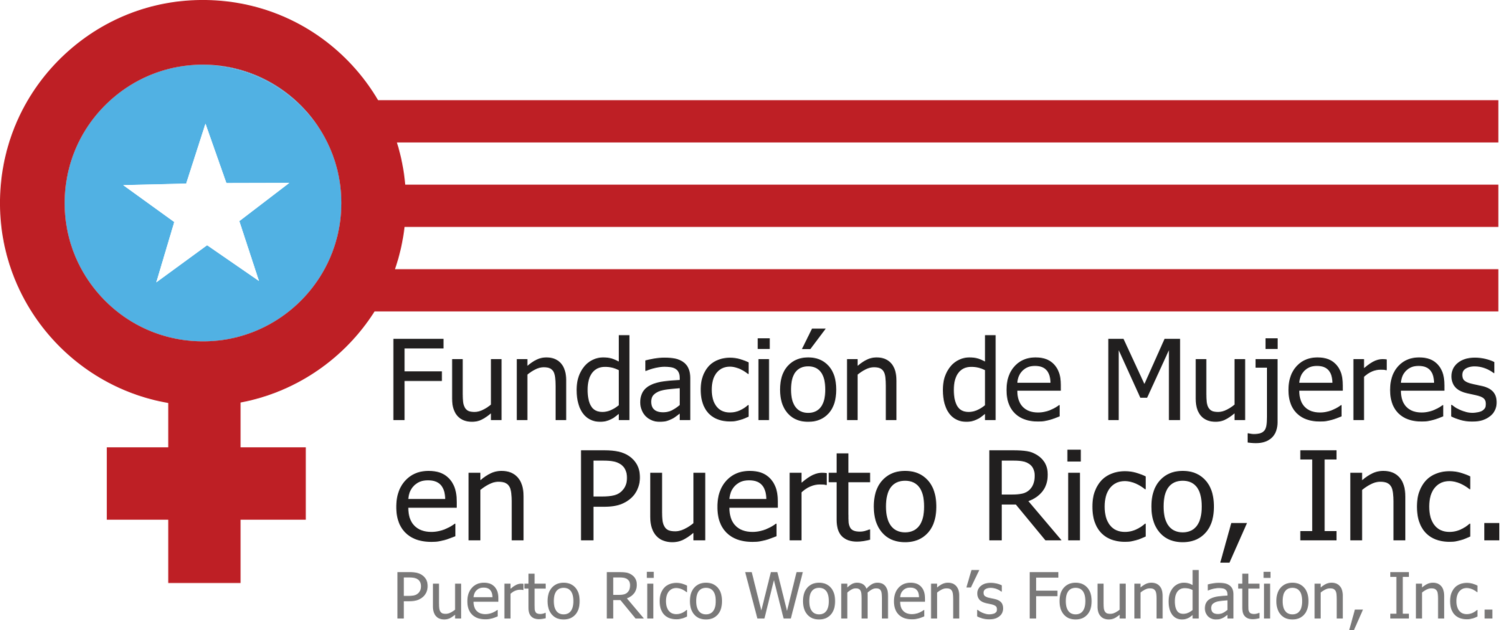ECONOMIC INEQUALITY
Economic gender inequalities in Puerto Rico are deep and persistent, disproportionately affecting women, trans, and non-binary people. These inequalities manifest in high poverty rates, wage disparities, and limited access to economic opportunities—exacerbated by structural factors such as colonialism, racial discrimination, and the absence of gender-responsive public policies.
Poverty Has a Woman’s Face
In Puerto Rico, nearly 40% of the population lives below the poverty line. But when examined through a gender lens, an alarming inequality emerges: 44% of women on the island live in poverty. This figure is not coincidental, but rather the reflection of a social, economic, and political structure that has historically relegated women to conditions of greater vulnerability.
The situation becomes even more critical when broken down by intersections such as motherhood, race, or gender identity:
60% of women who are heads of household—those who support their families alone—live in poverty. The economic and caregiving burden falls disproportionately on their shoulders, without sufficient state support or access to basic services such as affordable childcare or sustained economic assistance.
71% of single mothers live in poverty, exposing them to precarious working conditions, informal employment, or underemployment, in addition to structural barriers that hinder their economic mobility.
91% of mothers with more than three children live in poverty. This highlights the absence of public policies that recognize the real cost of raising a family in the context of a persistent economic crisis and limited social services.
46% of Black and Afro-descendant women live in poverty, a reflection of structural racism and how historical exclusion and lack of access to economic opportunities continue to reproduce inequality in the present.
43% of transgender women also live below the poverty line, as a result of discrimination, unemployment, family rejection, and systematic exclusion from essential services and development opportunities.
These figures are not isolated data points: they are the result of centuries of structural inequality. In Puerto Rico, poverty has a woman’s face. And that face is often a Black woman, a single mother, or a trans woman fighting to survive in a system that fails to recognize her needs. Combating this reality requires public policies with a gender and intersectional perspective: universal access to childcare, affordable education, dignified employment, safe housing, comprehensive health care, and direct economic support. Because without economic justice, there is no gender justice.
Wage Gap and Employment
Women in Puerto Rico earn, on average, 18% less than men. This gap persists even when women achieve higher levels of education. For example, women with a bachelor’s degree or higher have a poverty rate of 18%, compared to 11% for men with the same level of education. Additionally, women with some college or an associate degree face higher poverty rates than men who have only completed high school.
Labor force participation also reveals disparities: men’s labor force participation rate is 46.2%, while women’s is just 33.6%.
Education: A Tool, but Not Enough
Higher education reduces the likelihood of living in poverty. However, women face greater economic obstacles even with higher education. Women with incomplete university studies have a poverty rate of 41%, higher than that of men with only a high school diploma.
This shows that while education is essential, it is not enough to close gender economic gaps without public policies that address structural inequalities.
Donate Now to Fuel Economic Justice
Why your gift matters: In Puerto Rico, nearly half of all women live in poverty—a reality that falls hardest on single mothers, Black and Afro-descendant women, and trans women. Despite higher levels of education, women earn 18% less than men and face limited access to stable jobs, childcare, and housing. Your donation helps change this by funding affordable childcare, safe housing, and job training, while advancing gender and intersectional justice. Because without economic justice, there is no gender justice.
DONATE TODAY!!
FOLLOW US
NEWSLETTER
La Fundación de Mujeres en Puerto Rico se rige bajo el código 1101.01 del Departamento de Hacienda del Estado Libre Asociado de Puerto Rico y bajo el código de Rentas Internas Federal 501(c)(3). Nuestro número de identificación es 66-0931262. Toda donación es deducible de sus impuestos.
© 2025 Copyright Fundación de Mujeres en Puerto Rico, Inc.
Powered by WestCode, LLC




